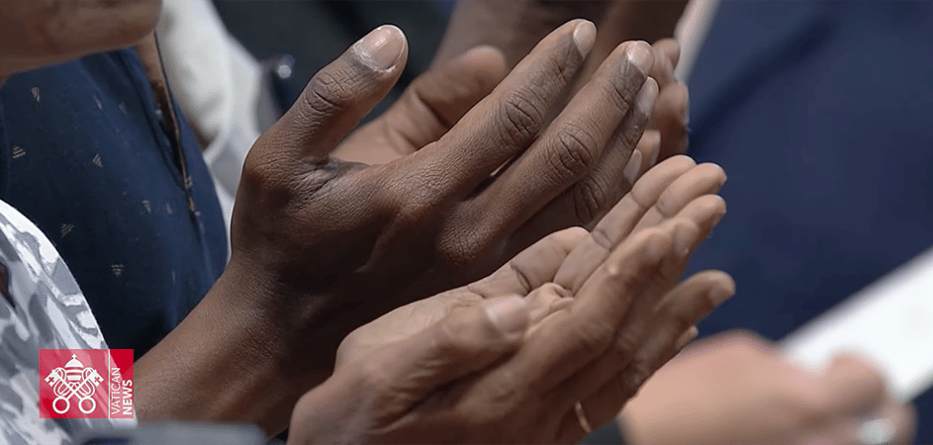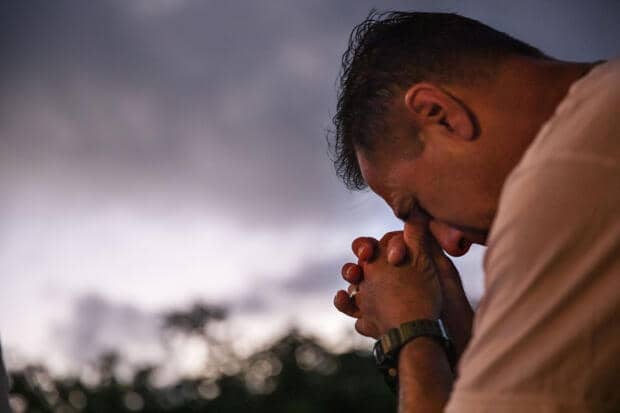Much is said today about the crisis in Europe. It would be better, however, to talk about a crisis of the model of the European Union embodied in the bureaucracy in Brussels, which has little to do with the proposal of the founding fathers Adenauer, de Gasperi and Shuman.
Evidence of dysfunction piles up: Britain decides to go on its own, terrorism doesn’t stop, finances don’t improve. However, the clearest sign of having lost its direction is the EU’s inability to reproduce, either culturally or biologically.
The crisis has one of its most dramatic expressions in terrorist attacks, which although claimed as their own by the Islamic State, are in fact perpetrated by European citizens. Faced with this tragedy, politicians seem confused and can only give bureaucratic answers, meaning rhetoric full of police technicalities.
In striking contrast, in late July World Youth Day (WYD) unfolded in Krakow, Poland, with the participation of hundreds of thousands of young Catholics from around the globe.
It was not only the largest gathering of its kind in the world; it was also clear evidence that the Catholic Church is a people, present in as many cultures as exist, and that we can live together with joy despite diversity.
While confusion and astonishment rule among political elites, intellectuals, and European bureaucrats, in Poland the youth gathered to celebrate hope. They look like different worlds, but they’re the same Europe.
Two days before WYD began, a couple of Islamist young men, French citizens, stormed a Catholic church in northern France and, during the liturgy of Communion, slaughtered Father Jacques Hamel, 84, and seriously injured another parishioner.
There was an avalanche of messages on Twitter, and Facebook was flooded with French flags. However, the best response came from Krakow.
Faced with this act designed to offend and outrage Catholics and provoke the wrath of the faithful just on the eve of WYD, the French bishops reminded us that Christians are not called to hatred and revenge, but to create a civilization of love.
In this sense, the young people who gathered in Poland are the best and most forceful response to terrorism. They are male and female builders of a world of peace and justice, because they are already missionaries and disciples of Jesus of Nazareth.
Against violence, offer justice and even martyrdom; faced with absurdity, give hope.
In other words, Catholicism has a certain proposal to offer to this boring, tired, and fearful Europe, represented by the Kafkaesque bureaucracy of Brussels. It is not an ideological proposal, nor is it wrapped in glamorous ideas or presented in brainy initiatives full of statistics. It has the simplicity of the Gospel.
Europeans must recover the memory of their history and be true to themselves. Europe needs to re-recognize itself in the bright mirror of millions of young people, willing to give reasons for their hope.
There’s no need to be Catholic, or even Christian, to understand and share this simple truth.
Pope Francis rightly said that the Poles are a good example. They were able to resist the terror of the Nazis. They confronted and overcame Soviet communism helping to bring the Cold War to an end.
It seems that in Krakow in July, during WYD, a European Renaissance began to brew.
Francis came of age as a simple Jesuit priest in his native Buenos Aires, home of the first WYD called for by St. John Paul II. In Krakow, the homeland of John Paul, he led millions of joyful young people who promised to return a human heart to Europe.
I don’t think it’s a coincidence. God’s timing is perfect.


















